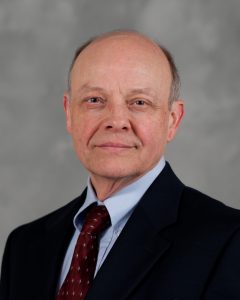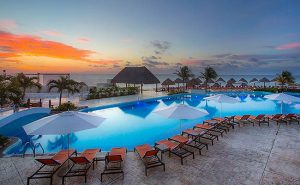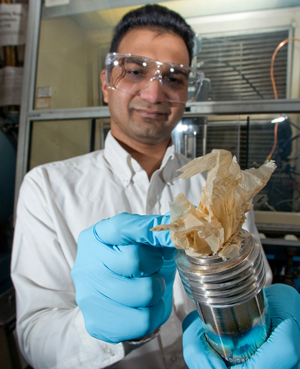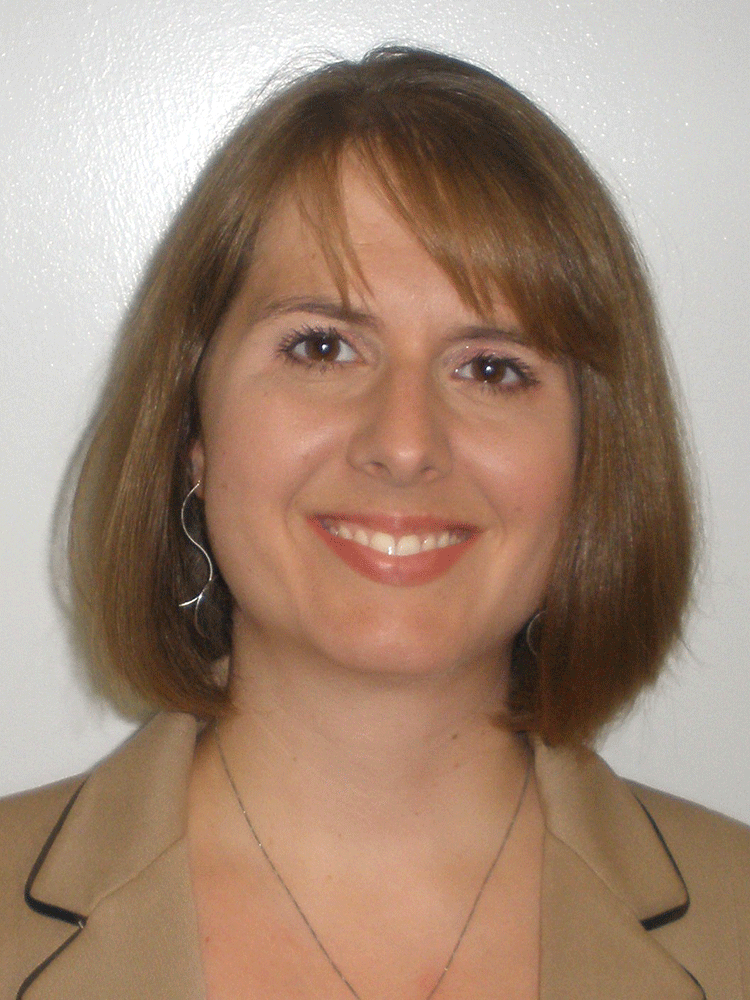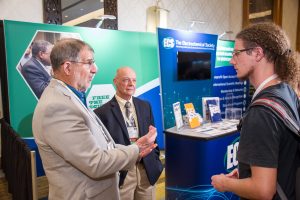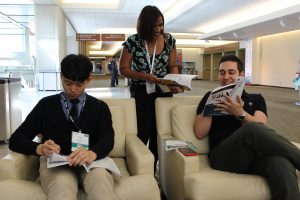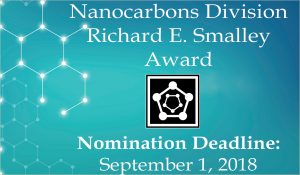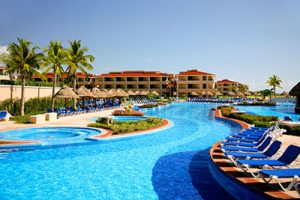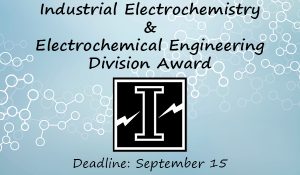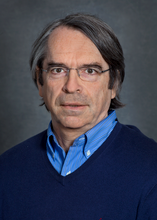 By: Michel Foure, Berkeley Interview Consulting
By: Michel Foure, Berkeley Interview Consulting
Scientists and engineers often find themselves trapped in a career that is far from fulfilling their dreams and aspirations. It is not for a lack of working hard. It is simply because they have not learned or (re)discovered the keys to build a very successful career.
Strategic Tools for a Successful Career, being offered at AiMES 2018, is filled with hands-on exercises. The participants will actively engage these essential principles.


